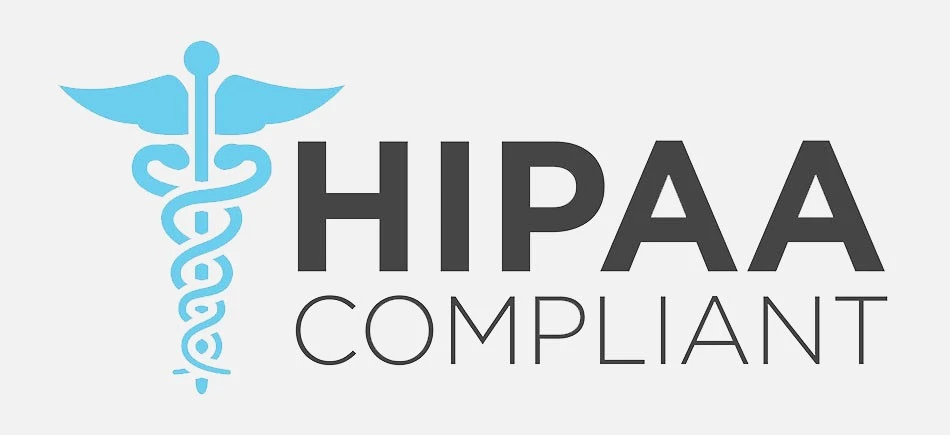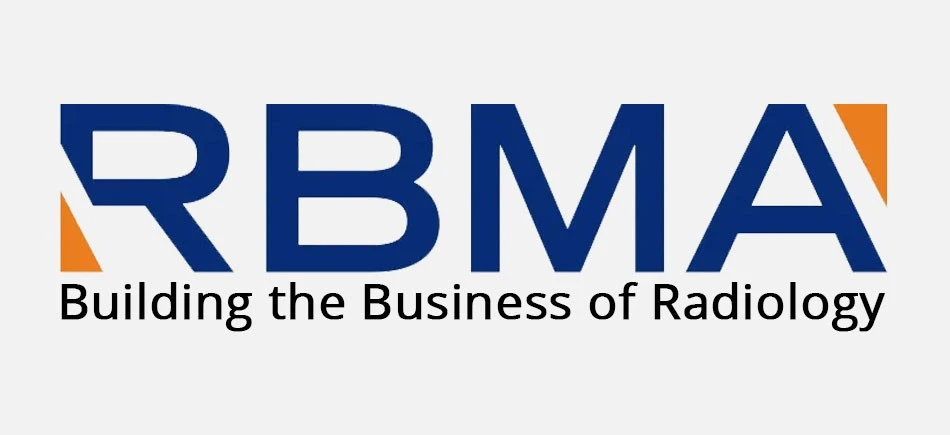Ever wondered why quality healthcare - a fundamental right - often seems like a herculean task to achieve? The answer is intricately linked to something we don't usually associate with healthcare - supply chain management. To transform challenges into triumphs, we must first understand the core problem. It is essential to approach problems in the healthcare supply chain as opportunities for improvement rather than obstructions. With a shift in perception, challenges become gateways to progress. The ability to master these hurdles not only strengthens healthcare delivery but also imparts resilience. Let's delve into what these challenges are and how healthcare professionals can conquer them.
Understanding the Anatomy of the Supply Chain
Just as a single thread weaves into the fabric, each component of a supply chain is integral to the functional construct of any business. But what exactly is the supply chain that we speak of so often?
Imagine a vast, interconnected network reflecting an economic bloodstream — diverse yet integrated pathways that spawn a lifeline for businesses. This web encapsulates a dynamic array of entities, procedures, technological nuances, and multi-tiered activities that harmonize intricate operations.
Indeed, the supply chain in the healthcare industry is designed to propel the vital process of transforming raw materials into a finished product. However, it transcends beyond a simplistic manufacturing chain. Its reach spans from the procurement of raw materials, cutting across the industry thresholds of product manufacturing, reaching out to distribution networks, and finally executing logistics. As the name suggests, this chain intricately links every sphere of an organization, upscaling efficiencies and consolidating business processes.
The beauty of a well-structured supply chain is woven into its ability to facilitate seamless interoperability among stakeholders, thus allowing an uninterrupted lifecycle of a product or service - from conception to delivery.
Supply Chain & Healthcare - A Symbiotic Relationship
One of the most challenging issues facing healthcare professionals is patient care and safety. Uninterrupted and trustworthy supply of medical equipment, pharmaceuticals, and other healthcare products directly impact these factors.Here, the supply chain plays a pivotal role. Health care requires stringent quality control and quick responses.
Imagine a scenario where inspiring clinicians, advanced technology, and state-of-the-art infrastructure are all poised at the ready, but the absence of critical medications or medical supplies halts the entire process. Efficient supply chain management in healthcare ensures this scenario remains purely imaginative. It safeguards the transportation of necessary medical goods and services, ensuring that they reach the right place at the right time, and in the correct quantity and quality.
Advantages of Efficient Healthcare Supply Chain Management
A well-orchestrated healthcare supply chain is much like a symphony performance - when conducted proficiently, it results in a harmonious flow of operational processes, fostering a cascade of benefits.
-
Enhancement in Operational Efficiency
An efficient supply chain acts as a strategic lever that aids healthcare institutions in identifying bottlenecks and implementing strategies to streamline operational processes. Perceptibly, this efficient gearwork results in significant cost reductions, without compromising the quality of healthcare services.
-
Upscaling Quality Control & Safety
An effective supply chain acts as a vigilant sentinel, upscaling quality control and fortifying safety regulations. It helps maintain a consistent supply of high-grade medical supplies, regulates their safe distribution, and ensures that healthcare professionals have the essentials to offer top-tier patient care. Consequently, patient safety is invariably heightened, and service delivery experiences a qualitative uplift.
-
Predictive Analytics for Strategic Planning
Another advantage of proficient healthcare supply chain management is the strategic employment of predictive analytics. In an environment characterized by dynamism and volatility, having data-driven foresight is invaluable. With the power of analytics, healthcare establishments can better forecast demand, manage risks wisely, adopt cost-effective procurement strategies, and align supply chain processes with overarching organizational goals. Moreover, it allows constant real-time tracking, inventory management, and optimizes resource allocation, fostering transparency and bolstering accountability in every phase of the supply chain.
In essence, a potent supply chain in healthcare is not merely an administrative appendage. It serves as the backbone of the healthcare system, driving economic efficiencies, enhancing patient safety, and infusing proactive intelligence into the operational canvas.
Top Challenges in Healthcare Supply Chain Management
The seamless operation of the healthcare supply chain is essential, serving as the lifeline that underpins the delivery of critical healthcare services. Yet, this fundamentally crucial system is often beset by a series of challenges that, if not adeptly managed, can significantly impede its efficacy and reliability. Delineating and confronting these hurdles are crucial for the sustenance and improvement of healthcare services.
-
Transparency Hurdles
Transparency, or rather the lack thereof, stands as a predominant challenge within the healthcare supply chain. The intricate and multi-layered nature of this system often results in ambiguity, where the visibility of essential data and operations is diminished. This opacity hinders effective tracking and monitoring, thereby complicating decision-making processes and the optimization of supply chain operations.
-
Logistical Challenges
Compounding the issue, logistical challenges present formidable barriers to the effective functioning of the healthcare supply chain. Ensuring that pharmaceuticals and medical supplies are delivered exactly when and where they are needed, and in the proper condition, requires precise coordination and flawless execution. Any deviation or failure in logistics can directly affect patient care, highlighting the critical nature of overcoming these obstacles.
-
Technological Limitations
Anchoring these challenges further is the prevalent reliance on outdated technologies. Many healthcare institutions continue to operate with legacy systems, which not only slow down processes but also constrain the potential for adopting more efficient, modern solutions. This technological stagnation is a notable hindrance that complicates various aspects of supply chain management.
-
Cost Escalations
Another pressing concern is the continual escalation of healthcare costs, which places immense pressure on the financial sustainability of healthcare operations. In this context, efficient supply chain management becomes a critical tool for managing expenses without compromising the quality of patient care. Strategic supply chain practices are essential for resource optimization and for ensuring that funds are utilized where they are most needed.
-
Regulatory Compliance
Lastly, the ever-shifting landscape of healthcare regulations represents a persistent challenge, especially given the global nature of the healthcare supply chain. With regulations varying significantly from one jurisdiction to another, staying compliant requires a proactive and informed approach to managing the supply chain, particularly when navigating international regulations regarding medical supplies.
These challenges underscore the complexities of managing a healthcare supply chain. Tackling these issues head-on is not just about addressing operational hurdles; it's about fundamentally strengthening the supply chain to support the overarching goal of efficient, safe, and high-quality healthcare delivery.
Triumphing Over Challenges in Healthcare Supply Chain Management
Despite the intimidating challenges, formulating and executing strategic initiatives can convert these rocky impediments into stepping stones towards progress -
-
Expert Consultation
Effective healthcare supply chain consulting utilizes specialized skills to significantly optimize processes, enhancing operational transparency.
-
Solution-centric Approaches
Seeking dedicated, industry-specific healthcare supply chain solutions can systematically resolve logistical roadblocks while propelling smoother operations.
-
Innovation Adoption
Implementing healthcare supply chain automation to strategically upgrade from outdated systems significantly enhances process efficiency and overall responsiveness.
-
Data-driven Decisions
Harnessing the strength of healthcare supply chain analytics can unveil hidden optimization opportunities and drive cost-saving endeavors, thereby alleviating the burden of mounting healthcare costs.
-
Knowledge Management
Establishing a robust knowledge management system can provide the necessary armor to combat regulatory upheavals, ensuring sustained compliance with dynamic healthcare laws.
Reinventing the Future
Navigating the intricate network of healthcare supply chain management requires an anchored strategy and meticulous execution. The path may be strewn with obstacles, but with the right tools - advanced technology, insightful analytics, and a robust knowledge management system - these can indeed be overcome. The objective here is not merely to streamline processes but to elevate the healthcare delivery system. The quest for affordable, efficient, and reliable healthcare is not a distant dream but a reality shaped by industry stalwarts.
Get a FREE QUOTE!
Decide in 24 hours whether outsourcing will work for you.
Have specific requirements? Email us at: ![]()
Key Differentiators
Software At O2I Healthcare
Specialties HIPAA Compliance HIPAA 5010
Standards Compliance CPT Coding
Compliance Healthcare
Processes Medical
Billing Process Charge
Entry Process Medical
Coding Process Medical
Claims Process FAQs on Medical Accounts
Receivable Services FAQs on Outsourcing
Claims Adjudication Services Medical
Transcription Process HL7 ICD-10 Compliance
-
 Outsourcing Medical Billing Services - Evaluating its Impact on Your Practice
Outsourcing Medical Billing Services - Evaluating its Impact on Your Practice
-
 US-based Healthcare Research & Consulting Firm Approached O2I For Medical Transcription Services
US-based Healthcare Research & Consulting Firm Approached O2I For Medical Transcription Services
-
 Outsource2india Provided Patient Onboarding Services to a Leading Healthcare Company
Outsource2india Provided Patient Onboarding Services to a Leading Healthcare Company
-
 Outsource2india Assisted a Florida-based Medical Billing Company with ICD-10 Implementation
Outsource2india Assisted a Florida-based Medical Billing Company with ICD-10 Implementation
-
 Caribbean Radiologists Got STAT Reports Automation Services from Outsource2india
Caribbean Radiologists Got STAT Reports Automation Services from Outsource2india
-
 Outsource2india Helped a Medical Imaging Firm with Quick Teleradiology Services
Outsource2india Helped a Medical Imaging Firm with Quick Teleradiology Services
Frequently Asked Questions (FAQs)
Why does efficiency and visibility matter in the healthcare supply chain?
Streamlining operations and maintaining open communication channels ensure the swift and reliable provision of medical services while fostering a sense of trust among all involved parties.
What strategies can overcome the drawbacks of manual processes and outdated technologies in healthcare organizations?
Embracing modern digital tools, including automation and artificial intelligence, can help modernize operations and remove the inefficiencies of older systems.
What issues arise concerning regulatory compliance and quality control in healthcare supply chains?
The need to navigate complex legal frameworks and uphold stringent quality standards often presents significant hurdles in this sector.
What measures can healthcare organizations take to manage supply chain risks and security issues?
To ensure a safe supply chain, it's essential for healthcare organizations to embrace strong digital safety practices, conduct regular checks for possible issues, and have plans ready for any unforeseen situations.


















 \
\






